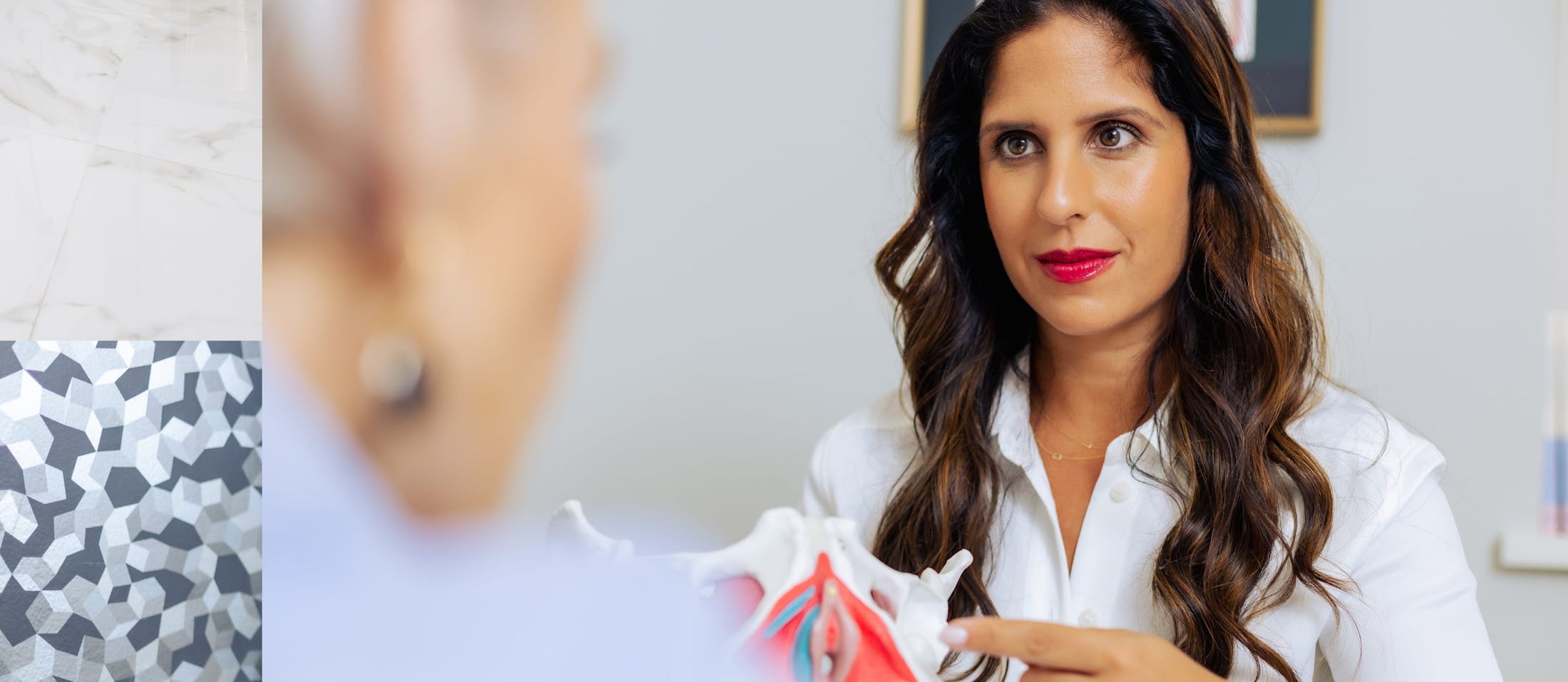Hypoactive sexual desire disorder refers to a lack of desire for sexual intimacy — from arousal to orgasm and resolution. The lack of sexual desire is prevalent, particularly in older women, but it can be troubling, impacting the quality of intimate relationships.
Symptoms of hypoactive sexual desire disorder
The following are some of the most common symptoms of HSDD:
- Lack of interest in or desire for sexual intimacy of any kind, which can also include masturbation
- Never, or very rarely, having sexual fantasies or thoughts
- Being concerned about your lack of sexual interest






